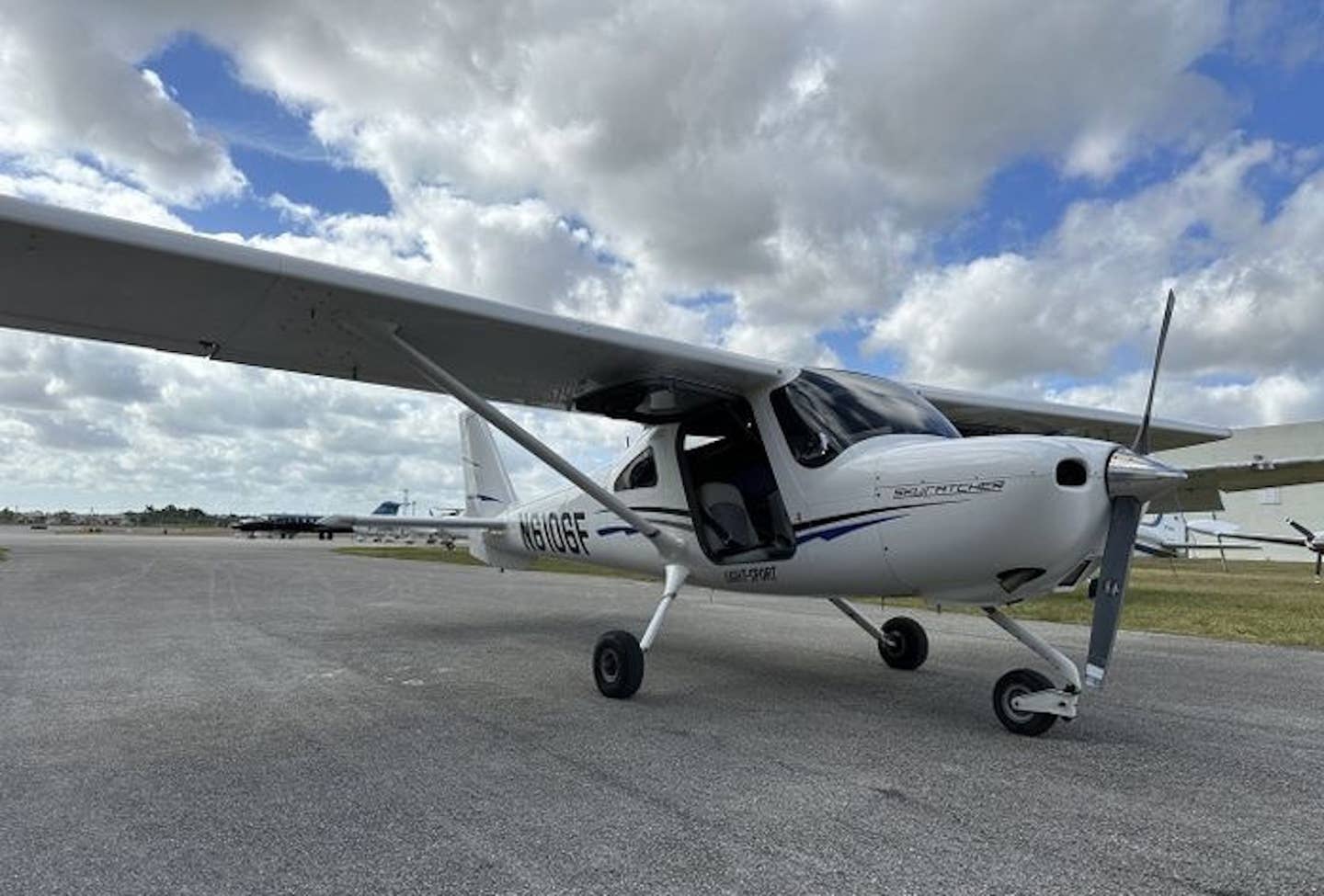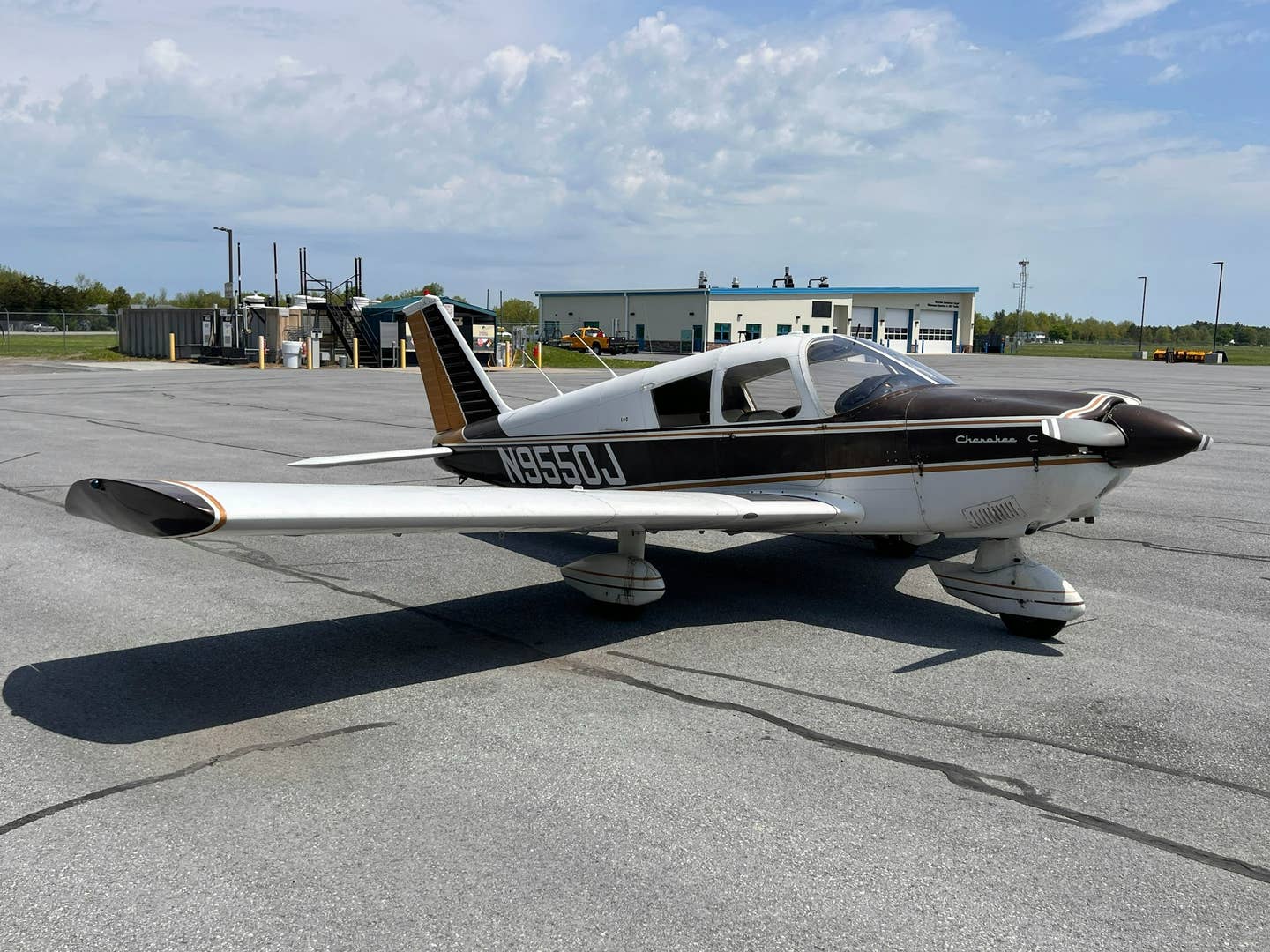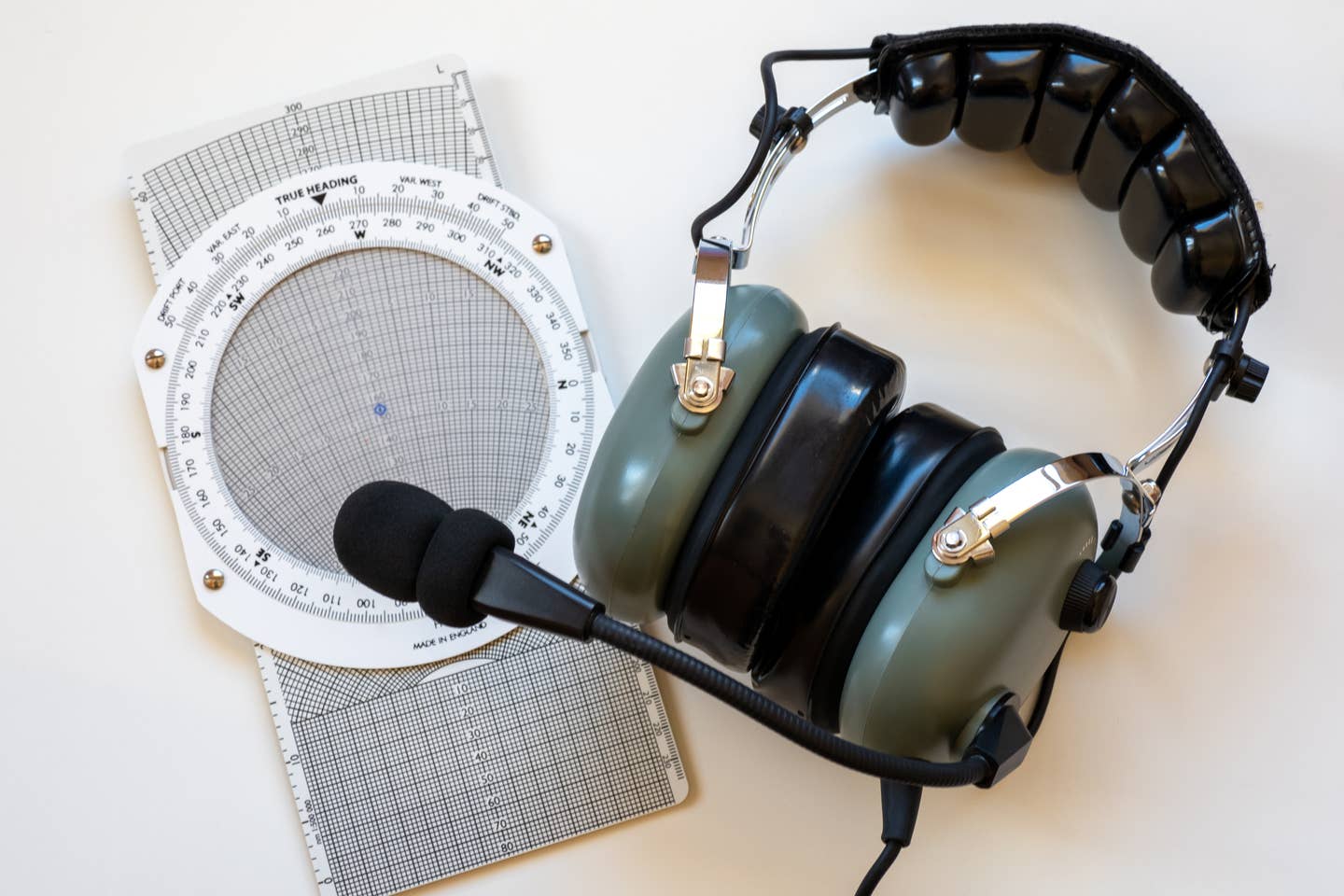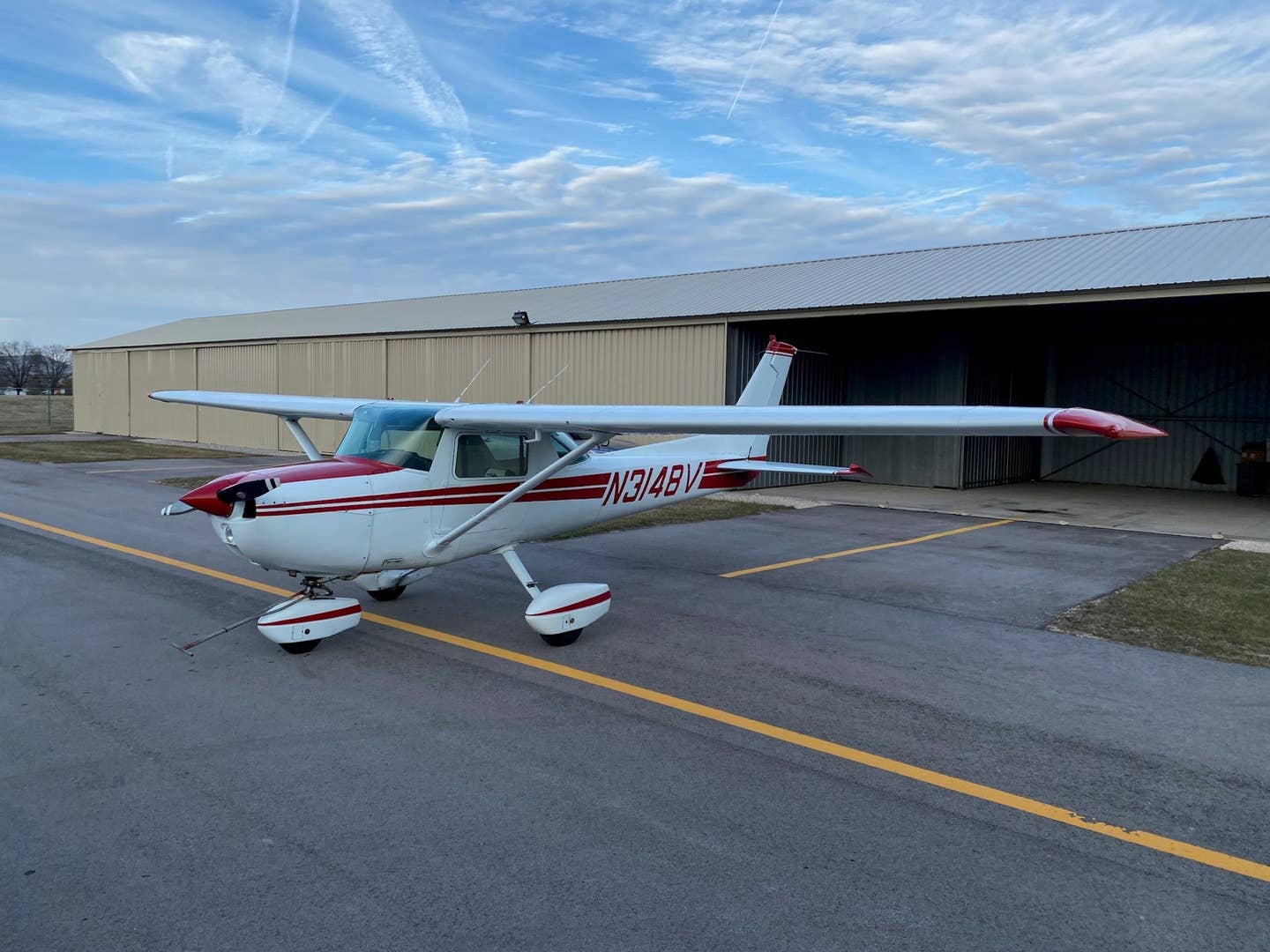Going Direct: Disaster Looming For GA?
President Trump’s budget proposal threatens the lifeblood of General Aviation. Over the past couple of days, the general aviation community has responded to a common threat to our way of…
President Trump's budget proposal threatens the lifeblood of General Aviation.
Over the past couple of days, the general aviation community has responded to a common threat to our way of flight. Earlier this week President Trump issued his budget, and while there is no shortage of controversy associated with it, for those of us who love personal and business flying, there was a single terrible surprise. The administration's proposed budget calls for the privatization of air traffic control, adopting a proposal that US Representative Bill Shuster (R, PA) has been pushing for the past two years that would hand control of ATC to the airlines. Shuster is dating an airline lobbyist, but even the strong appearance of undue influence hasn't stopped him from pushing for the legislation at every turn.
As the Trump team establishes itself in Washington, it has become clear that decentralizing government---at least as far as services are concerned---wasn't just a talking point. Undoing government involvement in every manner of industry is one of the defining philosophies of this administration. So none of us should be surprised that privatizing air traffic control (and handing its control over to the airlines) is one of the changes called for in the President's budget proposal.
It shouldn't be this way. Instead of draining Shuster's swampy corner of Washington politics, Trump's team adopted Shuster's proposal hook, line and stinker. Make no mistake about it, the proposal is a body-blow to general aviation, and the major GA organizations weighed in immediately with a stern call to abandon the proposal.
EAA president Jack Pelton issued a statement that perfectly outlined the numerous and weighty problems with the proposal, citing several details of the proposal while also nailing the big problem. "Those stakeholders," Pelton wrote in the release, "that are the best funded, best equipped, and/or carry the most passengers [i.e., the airlines] will likely be the best served in a privatized system." And Pelton identified the big threat to us, writing that "General aviation will lose over time to economically powerful interests whose primary goal is to obtain control over the system and its resources. They will seek to minimize their own direct operating costs by reducing or eliminating services that do not directly address their needs and/or by shifting cost burdens onto other users of the system."
I'll take it a step further. If you can think of anything the airlines could do to curtail general aviation that would give it better access to airports or airspace while make its business model more profitable, they are very likely to do just that. This will mean higher fees for travelers, less access to GA to airports we share with the airlines, less funding for keeping aviation decentralized and community based, and user fees for those of us who use ATC services.
It's not just the aviation alphabets who are strongly opposed to the proposal. Conservative commentator Grover Norquist, president of the smaller-government group Americans for Tax Reform, in a letter to the administration said the privatization proposal risked higher taxes and user fees for many Americans. He also worried that the proposal would carve out a funding apparatus over which Congress, and hence the American people, would have little control. The FAA's current stop-gap funding bill ends in September. We hope we get a more common sense solution to a long term funding for all of aviation and not just the segment with the most money to throw Washington's way.
If you want more commentary on all things aviation, go to our Going Direct blog archive.

Subscribe to Our Newsletter
Get the latest Plane & Pilot Magazine stories delivered directly to your inbox






